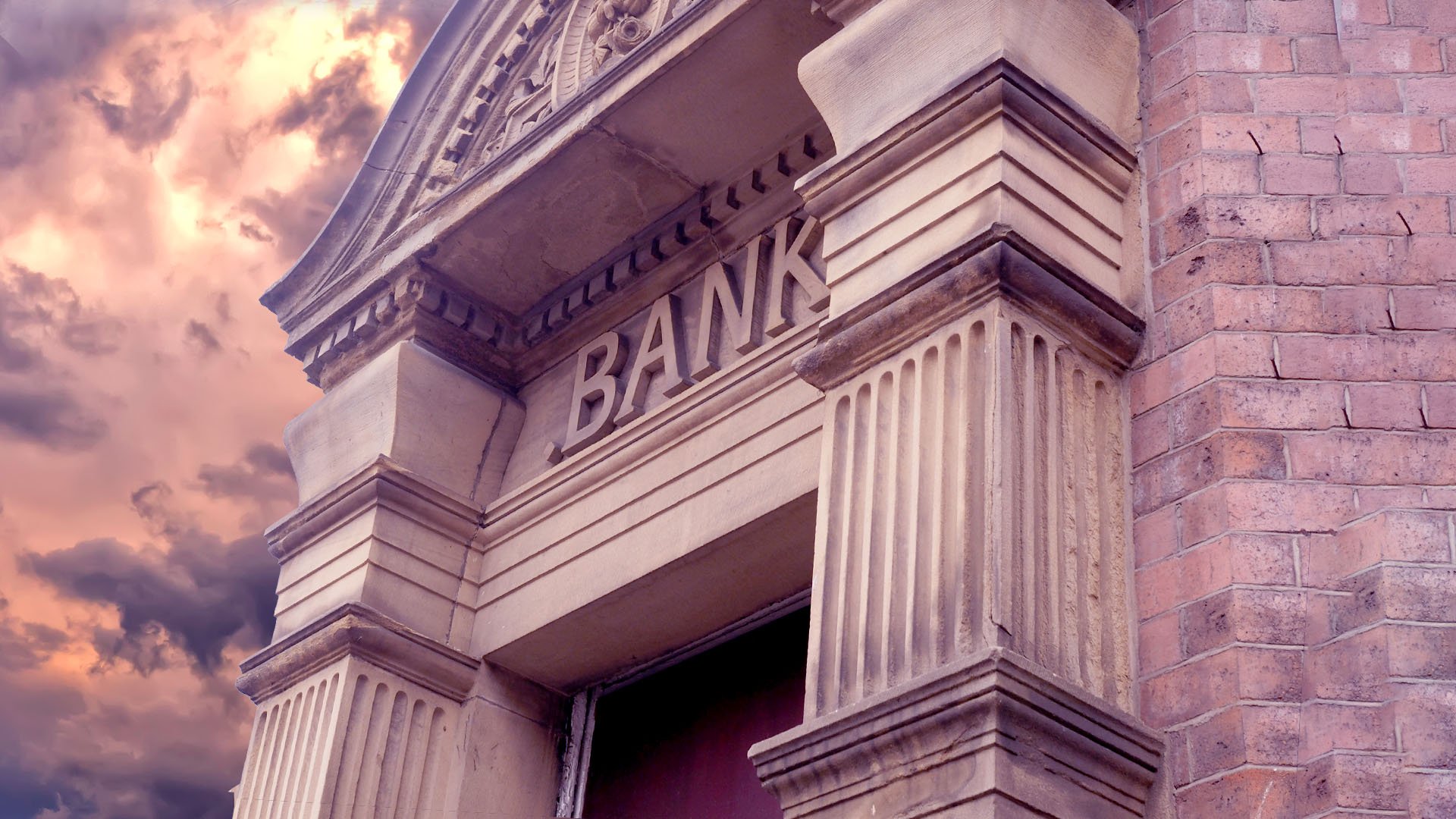You see it all the time in action movies. The main villain has managed to get his hands on a ton of money and just doesn't know what to do with it. Sometimes they decide to burn it, other times they look to move the money offshore, or the funds end up in some Swiss bank account—in the movies, that is.
The idea of criminals moving money to Swiss bank accounts is well known because of the banking privacy laws in Switzerland.
Credit Suisse, the second largest bank in Switzerland, recently suffered a data breach that exposed the account information of roughly 30,000 clients. But the bigger story here is where some of those clients got their money from and why the bank accepted their funds.
Credit Suisse data leak alleges failed due diligence
The data leak has exposed the account information of more than 30,000 clients scattered around the world, uncovering the beneficiaries of more than 100B Swiss Francs ($109 billion U.S.), according to The Guardian.
The leak also alleges that some of those clients are involved in torture, drug trafficking, money laundering, corruption, and other serious crimes.
The anonymous whistleblower behind the breach leaked the data to German newspaper Süddeutsche Zeitung, saying:
"I believe that Swiss banking secrecy laws are immoral. The pretext of protecting financial privacy is merely a fig leaf covering the shameful role of Swiss banks as collaborators of tax evaders."
This breach could point to widespread failures of due diligence for the Swiss bank, despite multiple pledges over decades to identify "high-risk" clients and illicit funds. The Guardian elaborates on some of those high-risk clients:
"They include a human trafficker in the Philippines, a Hong Kong stock exchange boss jailed for bribery, a billionaire who ordered the murder of his Lebanese pop star girlfriend and executives who looted Venezuela's state oil company, as well as corrupt politicians from Egypt to Ukraine.
One Vatican-owned account in the data was used to spend €350m (£290m) in an allegedly fraudulent investment in London property that is at the centre of an ongoing criminal trial of several defendants, including a cardinal."
Credit Suisse refutes these claims, saying that Switzerland's strict banking privacy laws prohibited it from commenting on claims relating to individual clients. The bank said in a statement:
"Credit Suisse strongly rejects the allegations and inferences about the bank’s purported business practices. The matters presented are predominantly historical, in some cases dating back as far as the 1960s, including at a time where laws, practices and expectations of financial institutions were very different from where they are now.
Furthermore, the accounts of these matters are based on partial, selective information taken out of context, resulting in tendentious interpretations of the bank’s business conduct. While Credit Suisse cannot comment on potential client relationships, we can confirm that actions have been taken in line with applicable policies and regulatory requirements at the relevant times, and that related issues have already been addressed."
2022 has already been a rocky year for Credit Suisse. On top of the recent data breach, the bank became the first major bank to face criminal charges in the country's history. The bank has allegedly been involved in helping launder money from the cocaine trade on behalf of the Bulgarian mafia.
For more information on Credit Suisse and this data breach, see the original story in The Guardian.





